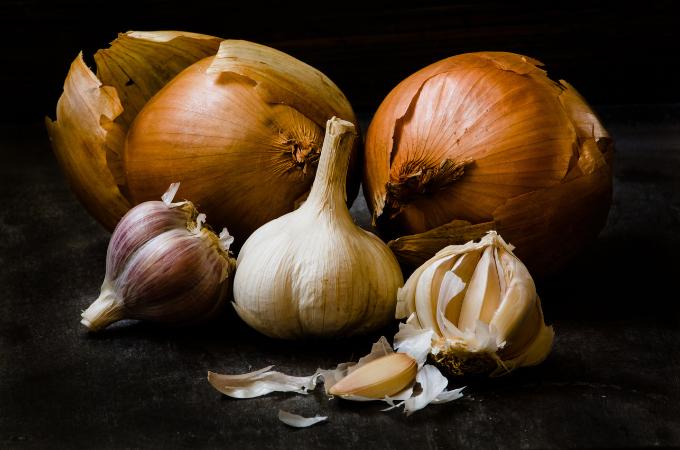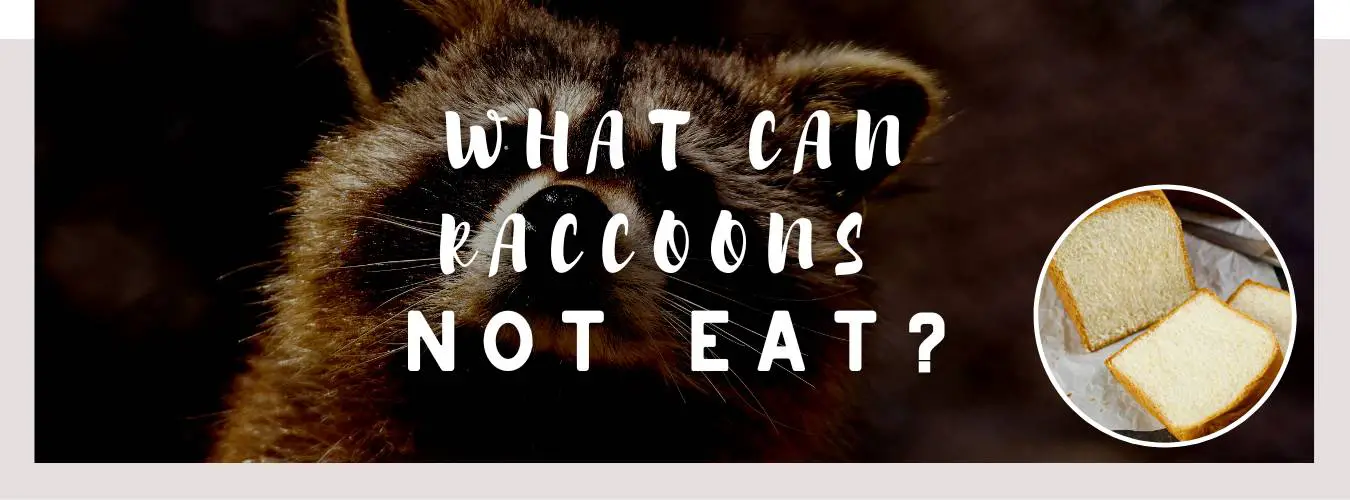
Many homeowners offer food to raccoons. There is a risk of feeding toxic food items which should be a concern for homeowners who often entertain visiting wild animals with some leftover food items.
Are you also thinking about the question, “What can raccoons not eat?”
What Can Raccoons Not Eat?
Here are some food items that you must not offer your raccoon. Whether they like to eat or have eaten it before without any health problems, it would be best to steer clear of these food items.
Chocolate and Cocoa
The first item on the “What Can Raccoons Not Eat” list is chocolate and cocoa. Raccoons are omnivores and have developed taste buds. They love sweets and flavors, so feeding them chocolates and other cocoa products keeps them happy.
But sweet food items like chocolate and cocoa will not keep them healthy. In fact, chocolate and cocoa are harmful to raccoons. A raccoon’s digestive system is not designed for cocoa.
Chocolate and other cocoa products contain theobromine and caffeine. The digestive systems of raccoons cannot digest these compounds. They can even lead to kidney failure.
The worst part of eating chocolate includes diarrhea, excess urination, hyperactivity, increased heartbeat rate, and vomiting.
In some extreme cases, if the raccoon consumes a very large quantity, this may lead to detrimental and life-threatening effects on the animal’s central nervous system. Sometimes, it could be fatal.
You might also like: Do Raccoons Eat Snakes?
Onions and Garlic

Raccoons should not be offered onions or garlic. They are notorious for their strong and irritating odor.
Onions contain sulfoxides and disulfides, which are powerful enough to trigger the animal’s olfactory nerves such that they will avoid the area where the onions are kept.
Onions can also make your raccoon develop hemolytic anemia. This is a health condition where the raccoon’s body sees the red blood cells as alien objects, and attacks and destroys them which can lead to more serious health problems, such as an insufficient oxygen supply to the brain.
Other symptoms include extreme fatigue. You may notice the animal with pale gum rather than pink gum.
Raccoons cannot eat onions and will normally stay away from them. This is why onions are usually used as a repellent to keep raccoons away.
On the other hand, garlic has a strong smell and upsets the digestive system of the raccoon. Although it is not toxic, you still should not feed your raccoons garlic because it will upset their digestive system.
Raisins
Raccoons can eat raisins. They love them. Many homeowners report that their raccoons give a sad expression when they run out of raisins thrown at them.
But feeding raccoons raisins is not ideal. Raisins are a very high carbohydrate food. This translates to an enormous amount of sugar.
While raisins are not poisonous to raccoons, feeding them can expose them to many health-related issues, including higher blood glucose levels, also known as hyperglycemia.
You might also like: Do Raccoons Eat Tomatoes?
Bread

Bread is not toxic to raccoons. But the problem with bread is that it does not have the nutrients that raccoons need. Apart from not offering any kind of nutrients, bread upsets their digestive systems.
Although some raccoons can fill up on some bread if they get a chance, it is best never to feed raccoons or any animal bread.
Replacing the bread with better food options that give them the nutrients they need would be best.
Macadamia Nuts
Macadamia nuts are a high-fat content food. The ones in supermarkets have been processed to last longer and taste sweeter.
Feeding raccoons these nuts can have severe health implications.
Sweets and Candies
Avoid feeding raccoons and any other kind of wildlife any type of sweet and candy. These sweets are processed foods with many chemical additives that may cause health challenges for your raccoons.
Apart from hyperglycemia, raccoons are at risk of dental problems and obesity. It would be best not to offer them candies and sweets.
What Can Raccoons Eat?
Raccoons are omnivores. In the wild, they eat plants and smaller animals. When raccoons often eat animals, they hunt for invertebrates more than vertebrates. The animals they hunt include slugs, worms, snails, and many other easy prey.
They easily catch prey because they are opportunistic eaters. When hunting, they usually go for easy-to-catch prey like frogs, snakes, rodents, and smaller mice. They also eat eggs and birds that they can snatch from nests.
If you wish to feed any scavenging raccoon showing up in your backyard, it would be best to offer them what they can eat immediately. Remember never to hand-feed raccoons. That could be disastrous. It would be best to throw them the food.
Bottom Line
It is important to know what food to feed raccoons. While they may enjoy nuts and berries, some nuts and berries should be avoided in their diet. These are the macadamia nut and the raisins.
Do not feed them bread or any other food on the above list of foods to avoid.










